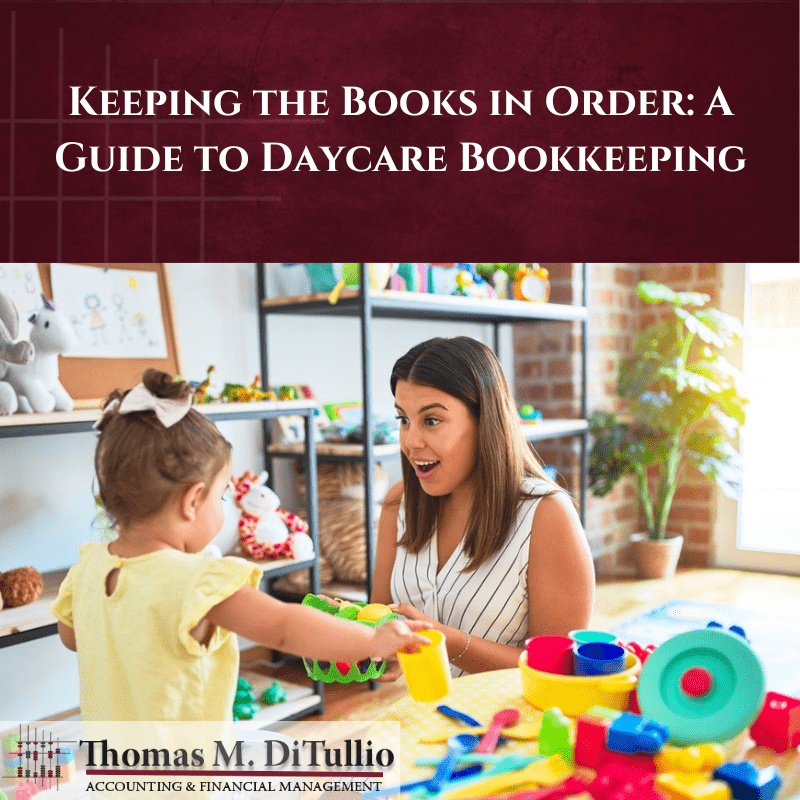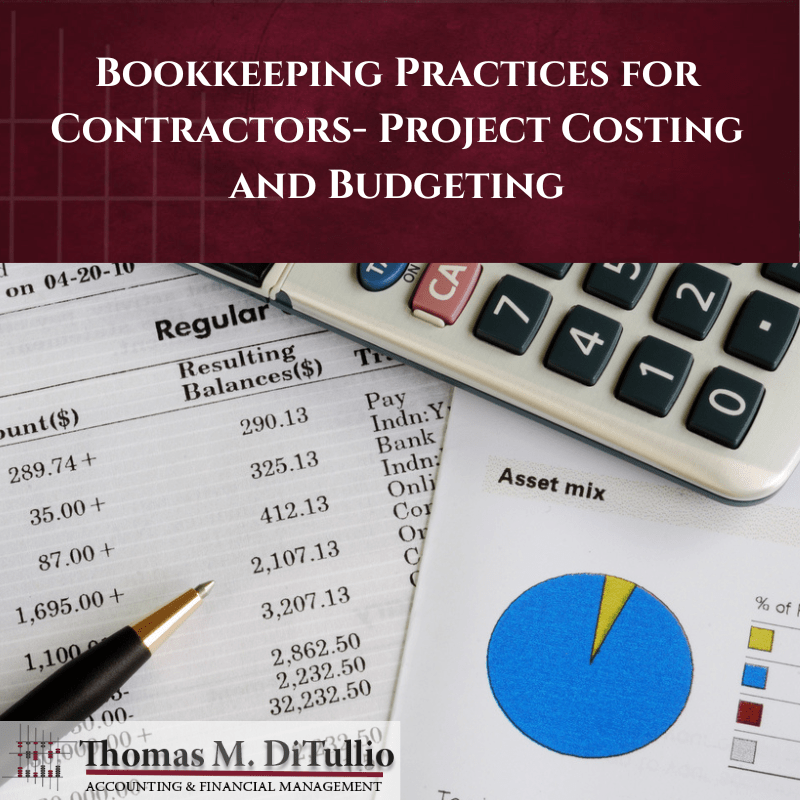Unlock Tax Savings: Expert Tips for New Jersey Small Business Owners
Are you paying more in taxes than you should as a New Jersey small business owner? Over 60% of small businesses in New Jersey miss out on key tax deductions and credits that could save them thousands of dollars. Tax savings are available, but many small businesses leave money on the table by not fully taking advantage of these opportunities.
At TMD Accounting, we specialize in helping New Jersey small businesses reduce their tax burden, increase cash flow, and avoid costly mistakes. Whether you’re a startup or a well-established business, there are strategies you can use to save on taxes and reinvest that money into growing your business.
Understanding New Jersey Tax Laws for Small Businesses
Navigating New Jersey tax laws can be complex, but understanding the basics is crucial to optimizing your tax savings. Here are the key areas that every New Jersey small business owner should know:
- State Income Tax: New Jersey imposes a state income tax on businesses, with different tax obligations depending on your business structure. Sole proprietors and LLCs often pay through personal income taxes, while corporations are taxed at corporate rates. Understanding how your business is taxed can help you plan effectively.
- Sales Tax Compliance: If your business sells goods or taxable services, you’re required to collect and remit sales tax. Make sure you maintain accurate sales records and remit taxes promptly to avoid penalties.
- Estimated Quarterly Taxes: Small business owners in New Jersey are required to make estimated tax payments quarterly. Failing to pay these on time can result in penalties, so it’s essential to set aside funds each month to ensure you’re prepared.
Mastering these elements of New Jersey tax law not only keeps your business compliant but also uncovers potential tax-saving opportunities that can help your business thrive.
Maximizing Common Small Business Deductions
Small business owners in New Jersey can take advantage of a wide variety of deductions to lower taxable income. Many businesses fail to realize how these deductions can significantly reduce their tax bill. Here are some commonly overlooked deductions:
-
Home Office Deduction
If you use part of your home exclusively for your business, you can deduct a portion of your mortgage, rent, utilities, and home maintenance costs. This deduction is especially beneficial for freelancers and home-based businesses in New Jersey.
Pro Tip: Keep detailed records of your home office expenses and consider taking photographs of your office space to ensure compliance with IRS guidelines.
-
Vehicle Expenses
If you use your vehicle for business purposes, you can deduct either the actual vehicle expenses (such as gas, maintenance, and insurance) or the standard mileage rate. Logging miles carefully can help you maximize this deduction.
-
Employee Benefits and Salaries
Wages paid to employees, along with employee benefits like health insurance, retirement contributions, and perks such as gym memberships, are tax-deductible. Offering benefits is a win-win: they can help retain employees and save on taxes.
-
Office Supplies and Equipment
Deductions for office supplies, equipment, and software essential to your business operations are available. Section 179 allows businesses to deduct the full cost of qualifying equipment in the year it’s purchased, rather than depreciating it over time. This can result in significant savings.
Pro Tip: Track these expenses year-round to avoid a last-minute scramble during tax season.

Leveraging Tax Credits Available to NJ Small Businesses
Leveraging Tax Credits Available to NJ Small Businesses
Tax credits directly reduce the amount of tax you owe and can have an even bigger impact than deductions. Several tax credits are available specifically for New Jersey businesses:
-
Work Opportunity Tax Credit (WOTC)
This federal tax credit incentivizes businesses to hire individuals from targeted groups, such as veterans or long-term unemployed workers. Eligible businesses can save thousands in payroll taxes by hiring from these groups.
-
Research and Development (R&D) Tax Credit
If your business invests in developing new products, processes, or technologies, you may qualify for the R&D tax credit. This credit can be especially valuable for tech startups, manufacturers, and other innovative industries. The R&D tax credit offsets the cost of investment in innovation, providing direct tax savings.
-
New Jersey Energy Efficiency Tax Incentives
If your business has made energy-efficient upgrades—like installing solar panels or upgrading to energy-saving HVAC systems—you could qualify for both state and federal tax credits. These incentives not only lower your tax bill but also reduce your long-term energy costs.
Avoiding Common Tax Filing Mistakes
Small business owners often make mistakes when filing taxes that lead to penalties or missed opportunities for savings. By avoiding these common errors, you can maximize your tax savings and ensure compliance with New Jersey tax laws:
-
Misclassifying Employees vs. Independent Contractors
One of the most common mistakes is misclassifying employees as independent contractors. Doing so incorrectly can lead to significant penalties and back taxes. Employees are subject to payroll taxes, whereas independent contractors are not. Always verify how your workers should be classified to avoid issues with the IRS and New Jersey Department of Labor.
-
Failing to Keep Detailed Records
Without accurate record-keeping, you risk missing deductions and facing potential audits. Poor documentation can result in lost opportunities to save money or worse—penalties for inaccuracies. Use accounting software or work with a professional accountant to ensure you maintain comprehensive and accurate financial records year-round.
-
Missing Quarterly Estimated Tax Payments
Small business owners in New Jersey must pay estimated taxes on a quarterly basis. Failing to make these payments can lead to penalties and interest. To avoid surprises, set aside 25-30% of your monthly income to cover these quarterly payments.
-
Not Consulting a Professional Accountant
Tax laws are complex and frequently change. Working with a professional accountant ensures you’re not only compliant but also taking full advantage of every available deduction and credit. Professionals like TMD Accounting can save you money and time while reducing stress during tax season.
Conclusion
Unlocking tax savings can give your small business the financial boost it needs to thrive. From maximizing deductions to taking advantage of valuable tax credits, there are many ways to reduce your tax burden and reinvest the savings into your business growth.
Ready to unlock more tax savings for your New Jersey small business? Contact TMD Accounting today for a free consultation and find out how much you could be saving. Don’t wait—schedule your consultation before the next tax quarter and start saving immediately!
What tax-saving strategies have worked for your business? Share your tips in the comments below!













